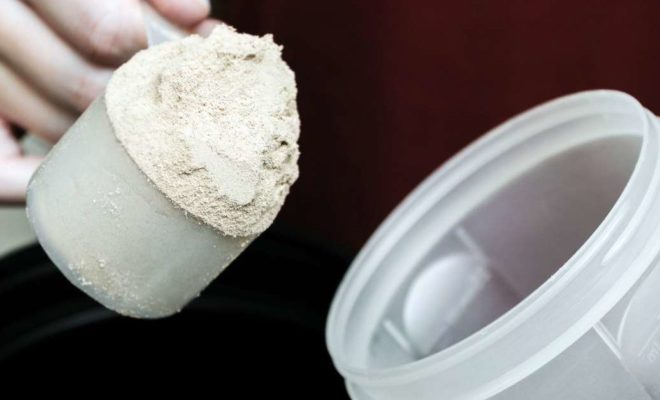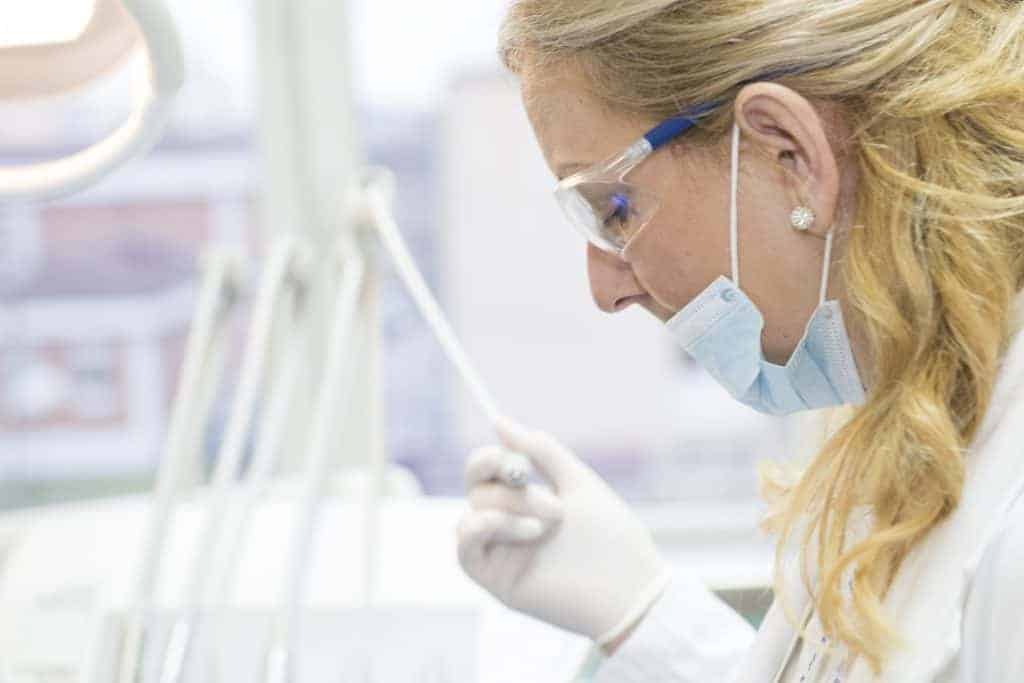Understanding the Use of Peptides for Research Purposes

There is still ongoing clinical research on the role of peptides. This is even though it has been discovered to help humans in several ways.
As a result, pertinent bodies such as the FDA constantly warn people to be very cautious when using it. This chemical’s manufacture, sale, purchase, and use are banned in certain places. This is except for research purposes.
For more on this subject, you can visit https://journals.plos.org/plosone/article?id=10.1371/journal.pone.0181748.
In this article, we will discuss the findings of credible research on the effects of this chemical on the human body.
So, we advise you to pay rapt attention if you are considering using it for various reasons. This is so that you understand the pros and cons, which will help you to play safely.
What Are Peptides?

Peptides contain amino acids just like protein but in smaller strings. The number of amino acids varied from 2 to 50.
As a result of the chemical composition of peptides being different from protein, the body can absorb it a lot better than protein. Its size is also significant, as it can go through the intestine and skin.
Because of this, the effect after interaction with the bloodstream is faster than that obtained with protein.
Considering all of these, you should understand that protein and peptides have a clear difference. This is even though they share similarities, such as the presence of amino acids.
How Peptides Are Obtained and Made
People who make use of peptides often do so through supplements. Manufacturing companies usually offer their therapeutic benefits in this manner because of the mild regulation by the FDA.
Compared to the regulation of drugs, supplements are not very stringently regulated by the drug administration. Even though the FDA always warns consumers to be very cautious of these supplements.
For this reason, many manufacturers like to offer peptides in the form of supplements. These supplements are usually obtained from animal and plant protein sources. Some of these sources include:
- Milk
- Shellfish and other fishes
- Meat
- Lentils and beans
- Milk
- Oats
- Eggs
- Soy
- Flaxseed
- Wheat
- Hemp seeds
These are just some ways it is obtained before being converted to supplements.
Scientists and Bioactive Peptides
As explained earlier, there are still ongoing clinical studies into its role in helping humans live healthier and happier lives.
Against this backdrop, scientists are more interested in researching bioactive peptides. These options are known to positively impact humans health by offering several health benefits.
What Determines the Safety and Effectiveness of Peptides?
Several things determine how safe and effective it will be when used. However, the chief among them is the amino acid sequence contained in the supplement.
If you want to buy for research purposes, you need to pay attention to the following so that you can get a safe and effective substance:
Manufactured in State of the Art Facility
You cannot afford to take chances, especially when it is purchased for research purposes. This is because the inferior quality of the substance does not alter your research results.
The item purchased must be manufactured in a state of the art facility to ensure that it is ideal for the research. Aside from the needed equipment in the facility, proper hygiene must be maintained.
Compliance with CGMP Regulation
CGMP is the shortened form for Current Good Manufacturing Practice. It is a long list of regulations enforced by the FDA.
It is in your best interest to purchase peptides that adhere to these regulations. Some of the reasons for this are to ensure:
- Durability
- Potency
- Purity
- Identity
For these reasons, you should not make light of the need to purchase options that meet the CGMP standard.
IS09001 Certified Manufacturer
If you want to deal with a reputable manufacturer, you cannot take this for granted. This is especially if you are using the peptides for research purposes.
Getting the IS09001 Certification is very important for these companies because it proves they have met specific requirements and can be trusted to deliver safe and effective products.
To get this Certification, the manufacturer has to meet the standard in planning, leadership, performance evaluation, operation, improvement, and several other things.
It would help if you took dealing with a manufacturer with this Certification seriously. This is because they are thoroughly vetted before the certificate is issued to any manufacturer.
MS-UPLC and HPLC Analysis
The CGMP and IS09001 Certification goes a long way to prove that the product is pure. However, there is a need for more specialized analysis to determine whether the product is sterile. This is where the MS-UPLC and HPLC analysis comes in.
On that note, you should only get a peptide that has gone through the MS-UPLC and HPLC analysis and has been proven pure. You cannot make light of this, considering that the amino acid sequence contained in these products would interact with the bloodstream.
Proper Packaging
These products have to be adequately packaged. This is so that oxidation does not affect the safety and effectiveness of the supplements. So, other than certifying the peptide’s potency, ensure it is adequately packaged.
This is especially important if the item will be shipped or moved over a long distance for research purposes. Good packaging also ensures that the peptide can withstand transporting it.
For research purposes, you need something that maintains the original purity, durability, strength, and identity. The packaging largely determines if this will be possible.
Conclusion
Peptides have been discovered to benefit humans in various ways. However, they also have some side effects, so you must be very cautious. You can check here if you are interested in finding out more about this subject.
We have discussed some basics about peptides in this article as well as how to purchase the right one for research purposes. We believe the information shared here would come in handy when needed.






